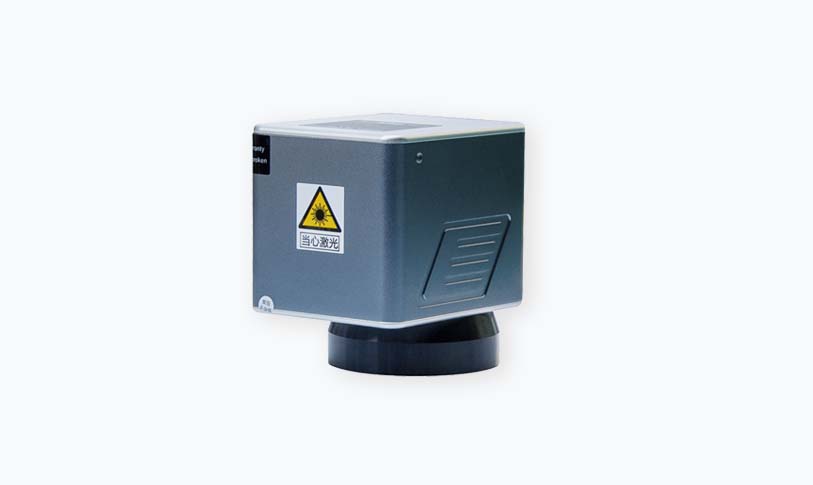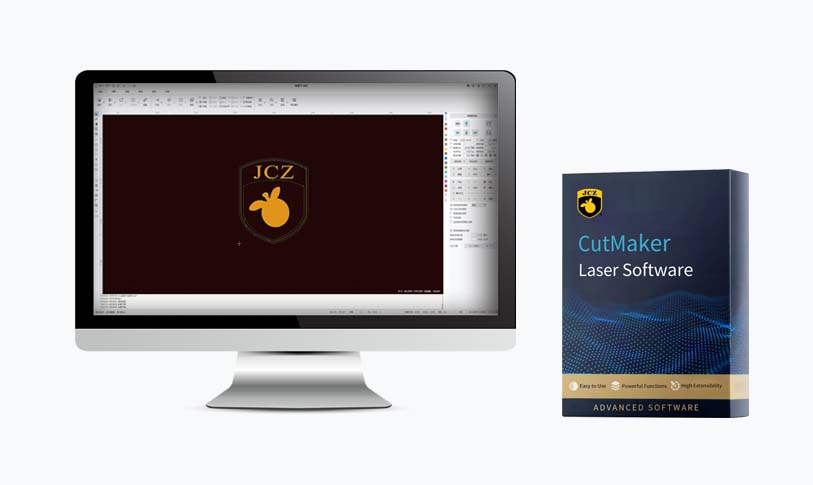In the realm of industrial manufacturing, technology continues to evolve at a breathtaking pace. Among the most significant advancements are fiber laser modules, which have drastically transformed the way industries handle cutting and marking applications. This article delves into the characteristics, benefits, and applications of fiber laser modules, showcasing how they are reshaping manufacturing processes across multiple sectors.
Understanding Fiber Laser Modules
Fiber laser modules utilize a solid-state laser technology that generates a beam of light within a fiber optic cable. This design comprises a combination of rare-earth elements, commonly neodymium or ytterbium, which are doped into the fiber. When electricity excites these elements, they produce a coherent light that is guided along the fiber, significantly enhancing the laser beam’s quality, efficiency, and power density.
Unlike traditional laser systems, which rely on gas or solid-state setups, fiber lasers offer increased performance in terms of cutting speed, precision, and energy efficiency. These modules are characterized by their compact size, allowing for easier integration into various machinery, while delivering impressive results with minimal maintenance requirements.
Advantages of Fiber Laser Modules
1. **High Efficiency and Low Operating Costs**: One of the primary benefits of fiber laser technology is its superior energy efficiency. Fiber laser modules have a higher power-to-size ratio compared to other lasers, resulting in lower electricity consumption. This efficiency translates into reduced operating costs, making them an attractive choice for businesses looking to optimize production expenses.

Revolutionizing Industrial Manufacturing: The Impact of Fiber Laser Modules on Precision Cutting and Marking Technologies
2. **Exceptional Cutting Quality**: The high beam quality produced by fiber lasers ensures clean and precise cuts, with minimal heat-affected zones. This characteristic is particularly beneficial for industries dealing with thin materials as it reduces the risk of warping or edge irregularities. Whether cutting metal, wood, or plastics, the precision offered by fiber laser modules enhances the overall product quality.
3. **Versatility**: Fiber laser modules find applications across various sectors, including automotive, aerospace, electronics, and medical. They are capable of cutting, engraving, and marking a diverse range of materials, from metals like stainless steel and aluminum to non-metals like acrylic and wood. This versatility ensures that industries can adopt fiber lasers for multiple applications without the need for extensive reconfiguration.
4. **Robustness**: Fiber laser modules are known for their durability and longevity. Given that the laser light is transmitted through the fiber, there are fewer moving parts involved, which leads to a lower likelihood of mechanical failure. Additionally, fiber lasers are resistant to dust and contamination, making them suitable for harsh industrial environments.
5. **Space-Saving Design**: The compact nature of fiber laser systems is a significant advantage for manufacturers dealing with space constraints. Unlike traditional laser cutting machines that can occupy large floor spaces, fiber lasers enable more efficient use of valuable production areas, facilitating higher operational throughput.

Revolutionizing Industrial Manufacturing: The Impact of Fiber Laser Modules on Precision Cutting and Marking Technologies
Applications of Fiber Laser Modules
The versatility of fiber laser modules has led to their widespread adoption in numerous applications:
– **Metal Cutting**: Industries that require rapid and precise metal cutting have embraced fiber lasers due to their speed and efficiency. Applications in automotive manufacturing, for instance, utilize fiber lasers for cutting intricate components, ensuring tight tolerances that are essential for safety and performance.

Revolutionizing Industrial Manufacturing: The Impact of Fiber Laser Modules on Precision Cutting and Marking Technologies
– **Marking and Engraving**: Fiber lasers are extensively used for marking serial numbers, barcodes, and logos on products. Their high precision allows for microscopic detail, making them ideal for applications in electronics and medical devices where space is limited and accuracy is critical.
– **Welding**: Fiber lasers can also be employed for welding different materials, providing strong and durable welds with minimal distortion. This capability is especially beneficial in industries like aerospace, where structural integrity is paramount.
– **3D Printing and Additive Manufacturing**: As the additive manufacturing landscape evolves, fiber laser modules play a critical role in processes like selective laser melting (SLM), enabling the creation of intricate metal parts with exceptional detail and strength.
Conclusion
In conclusion, fiber laser modules are revolutionizing the landscape of industrial manufacturing by offering enhanced efficiency, precision, and versatility. Their myriad applications, coupled with their cost-effectiveness and compact design, make them a pivotal technology for businesses seeking to innovate and excel in their operational capabilities. As industries continue to embrace advanced technologies, fiber laser modules stand out as a fundamental component in shaping the future of manufacturing processes.co2 laser price


